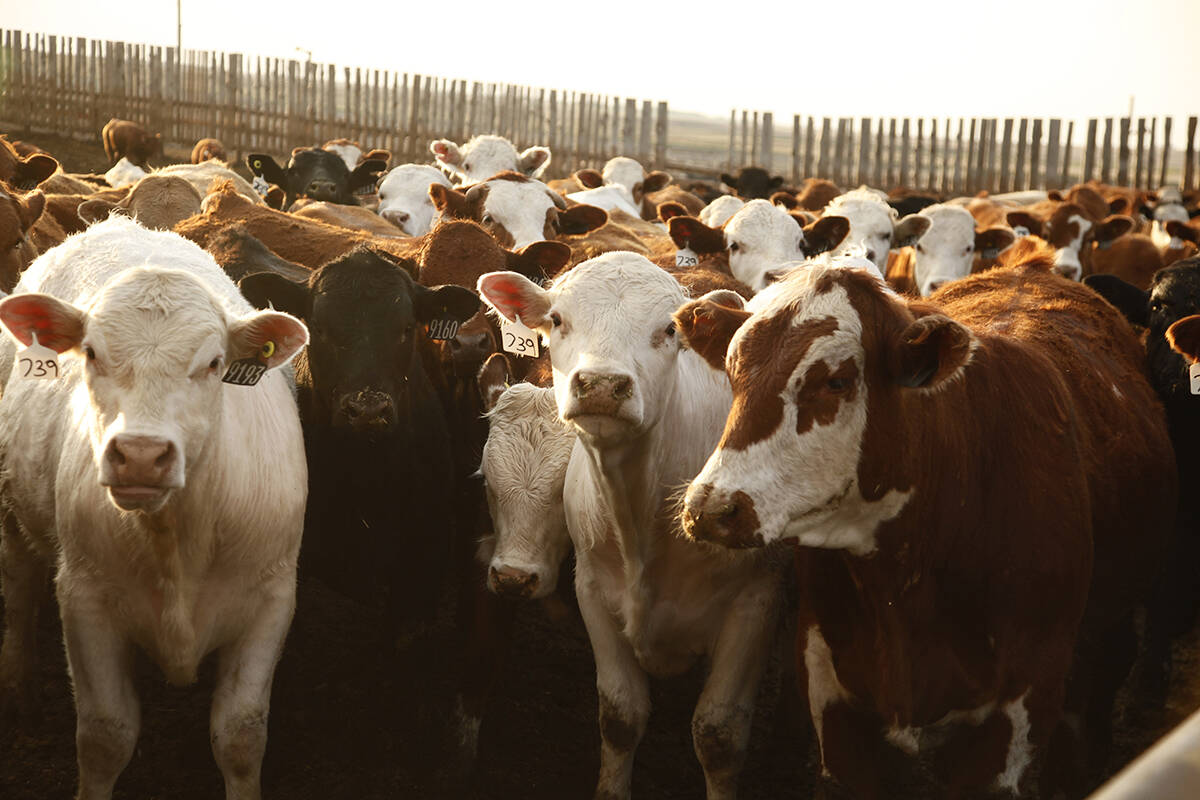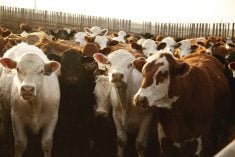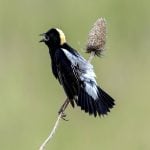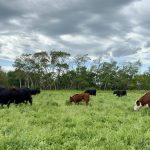Horse vaccinations against West Nile virus should be administered now before the first
infective mosquitoes appear this spring.
While West Nile cases peak in late summer and fall, veterinarian Normand Plourde of Merial Canada said the mosquito that carries the disease can be active by mid-May or early June.
“You want the horse to have at least a few weeks to build up a good immune response following vaccination,” Plourde said.
A horse that has never been vaccinated requires two shots the first year to build immunity.
Read Also

Canada’s simplified BSE testing program shows good uptake
Going by the number of submitted material samples so far, cattle producers’ response so far to an updated national surveillance program for BSE is encouraging for Canada’s CFIA.
Some vaccinated horses may appear ill for a day or two afterward but that is less serious than having the disease.
The American Association of Equine Practitioners issued a guideline in January saying all horses in North America need to be vaccinated because of the disease’s unpredictability.
Two vaccines with different modes of action are available from Wyeth Animal Health and Merial Canada.
The Alberta Veterinary Medicine Association recommends horse owners contact local practitioners as to application and availability of these vaccines. A prescription may be required.
The disease seemed to peak in 2003 with fewer cases last year. For example, Alberta had 170 reported horse cases in 2003 and only 61 last year. However, a lower reported incidence does not mean it has been defeated.
“Once it’s in an area, it never goes away completely. Although the risk is lower, there is still risk,” he said.
West Nile virus was first identified in Uganda in 1937 and became a notifiable disease in Canada in 2003.
The first North American cases were found in New York and New Jersey in 1999 and the disease has since moved slowly west. It appeared in Western Canada before it was discovered in the western United States.
British Columbia and Washington state are the only areas without diagnosed cases.
Symptoms include lethargy, weakness, stupor, hypersensitivity to sound, blindness, lip droop or paralysis, teeth grinding, fever, seizures and death. Antibiotics are ineffective.
While horses may not show clinical signs, blood tests may reveal antibodies. Others become ill and never fully recover.















